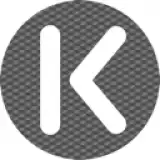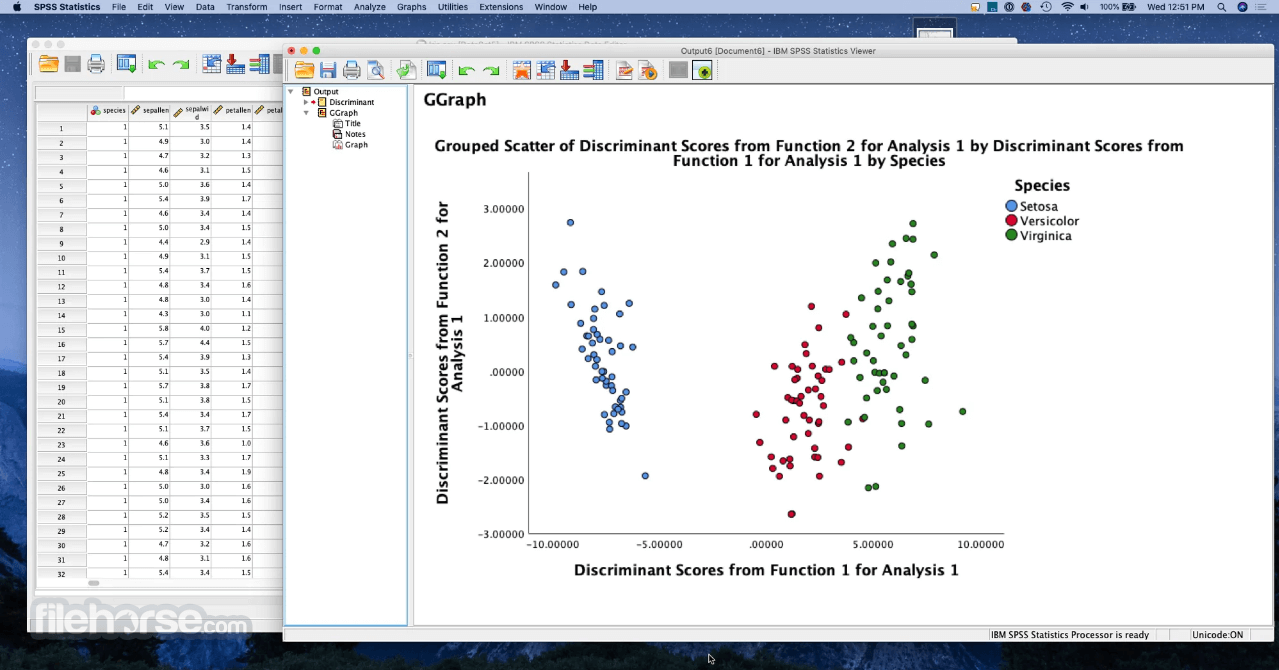Textmate Free Download For Mac, Purchase Intuit QuickBooks For Mac Desktop 2015 (USA Version, 3 Users), Buy Online SideFX Houdini FX 17, Windows Server 2016 Datacenter Cost. TextMate is a versatile plain text editor with a unique and innovative feature set which caused it to win an Apple Design Award for Best Mac OS X Developer Tool in August 2006A rapidly growing community have created modes for more than a hundred different “modes” including support for all major programming languages, writing prose in structured formats such as LaTeX, Markdown.
The Template Toolkit is free in both senses of the word: free beer and free speech. It is free in the first sense because it costs absolutely nothing to download and use the Template Toolkit. And it's free in the second sense because it's distributed under an Open Source license. That mean that you get the full source code to the Template Toolkit and you're explicitly granted the right to modify and adapt the code, should you so wish.
You'll need to have Perl version 5.6.0 or later installed on your machine. Perl comes pre-installed on all modern Unix-based systems (which includes Mac OSX). It's freely available for virtually every modern operating system under the sun, so you have no excuse for not installing it if you don't already have it. Don't be scared now. You don't have to write any Perl code to use the Template Toolkit.
The Template Toolkit also depends on the Perl AppConfig module being installed. But if you use the CPAN module as described below then it will take care of this for you.
Stable versions of the Template Toolkit source code can be downloaded from CPAN. The latest stable version of the Template Toolkit is 3.009.
Download Template Toolkit stable version 3.009 The source code is distributed as a .tar.gz archive. You'll need to unpack it and follow the instructions in the INSTALL file.
For those impatient types who don't have time to read the documentation, it goes like this:
In addition to the stable releases available from CPAN, we also release interim developer versions from time to time. These contain additional features, bug fixes and other updates over the latest stable version.
Developer versions have an additional numerical suffix (e.g. 3.009_01, 3.009_02, etc) and are available to download from this web site. You can also download them from CPAN. Note however that the CPAN module won't install developer releases by default.
There are no developer versions released at present.
If you have the CPAN module installed then you can install the Template Toolkit like so:
The above assumes a Unix-like system (which includes Mac OSX) and uses sudo to run the cpan Template command with administrator privileges.
The CPAN module is distributed with more recent versions of Perl (5.8 and later) so there's a good chance you've already got the CPAN module installed if your version of Perl is up-to-date.
You can also get the Template Toolkit in 'binary form' for installation on various platforms. Don't be misled by the name - you still get the full source code for the Template Toolkit, but it's delivered in a packaged format that you can install straight onto your system without having to build it from source.
If you're running Mac OSX then you can install the Template Toolkit using the CPAN module as described above. Run the Terminal application (located in Applications/Utilities) and enter the sudo cpan Template command at the prompt.

Alternately, if you have Fink installed then you can use it to install the Template Toolkit. Christian Schaffner maintains the Fink packages for the Template Toolkit. They can be found in the libs/perlmods. section.
Mako Hill maintains the official Template Toolkit packages for Debian GNU/Linux. They are available in Debian as libtemplate-perl. The Debian package pages for the latest versions can be found at:
You can download the packages and the source for the latest TT2 packages at:
http://people.debian.org/~mako/outgoing/libtemplate-perl/ If you use stable or testing and want to use the latest Template Toolkit packages, then simply add the following line to your sources.list file:
Of course, you can also install the Template Toolkit on any Unix-like system using the CPAN module, as described above.
If you're using a Microsoft Windows machine and you're using Strawberry Perl then you can install TT using the CPAN module as described above. If you're using ActivePerl and then use the Perl Package Manager (PPM) to install the Template Toolkit.
Our friends over at Bugzilla have put a page together telling you where you can find the relevant PPM files.
Links to ActivePerl PPM packagesThe source code for the Template Toolkit is managed using Git and is hosted at Github If you have git installed on your system then you can check out the Template Toolkit source code using a command like this:
You can browse the repository here:
http://github.com/abw/Template2The source code for this website is also hosted at Github:
http://github.com/abw/Template-Toolkit-WebsiteYou can download a copy of the complete HTML documentation for the Template Toolkit. It comes in the same shiny colours as this web site for your viewing pleasure.
In times gone by, the Template Toolkit was distributed with a whole bunch of plugin modules for doing all sorts of things. These included: querying databases via the DBI module, processing XML documents, typesetting output using LaTeX, and generating images using the GD library.
In a fit of common sense, they were eventually removed from the core Template Toolkit distribution and made available as separate bundles. You can download them from CPAN using the following links or you can install them using the CPAN module as described above.
Template-DBITemplate-GDTemplate-XMLTemplate-LatexThese modules have corresponding projects in the old Subversion repository. You can check out the source code for any of the above projects like so:
TextMate
A TT bundle for TextMate is available. This is version 0.02 which has full support for TT2. including syntax highlighting and a number of auto-completion snippets for generating TT code fragments. It also has limited support for the forthcoming TT3 template language. Language definitions are provided for TT2/TT3 in stand-alone files, or embedded in HTML (HTML + TT2, HTML + TT3). Textmate-TT-0.02.tar.gzTextmate-TT-0.02.zipSublime Text 2
The Sublime Text 2 editor uses the same bundle format as TextMate so you can use the TextMate bundles above. Simply unpack the download archive and drag theTemplate Toolkit.tmbundle folder to ~/Library/Application Support/Sublime Text 2/Packages. Emacs
Dave Cross has written an Emacs mode for TT, available here. It performs syntax highlighting, although he warns it can be a bit flaky at times (patches welcome). nXhtml is an addon to Emacs for editing XHTML, PHP and similar things. It includes Dave's Emacs mode and uses it in the multi major modes.Kate: KDE Advanced Text Editor
Krassimir Berov has written a TT syntax highlighting extension for Kate. It's available here.jEdit
jEdit has in-built support for highlighting TT syntax.Joe
Michael Holzt has written a TT syntax highlighting extension for the Joe editor. Download it from here.Komodo
ActiveState's Komodo Edit and Komodo IDE both have built-in support for TT.Vim
Atsushi Moriki has written a syntax highlight file for Vim. You can fetch it from here.TextMate Editor's Review
TextMate is referred as the missing text editor on Mac OS X.Indeed, TextMate is a pretty good text editor. It is fast, it has a well designed interface, and a very good support for various programming languages.
Since it is a text editor, the first thing that I checked was the syntax highlighting for specific languages. The normal text editing is quite irrelevant because even the built-in TextEdit can do a fair job.
I was quite surprised to see that it can highlight the syntax even though I saved the file as '.txt'. The list of supported languages is decent. This kind of support makes this text editor an option for developers. You can check the list of supported types in one of the screenshots that I took during my testing.
TextMate has various formatting/converting features. It also features some functionality that you won't find in any text editor. For example, TextMate has built in a W3C HTML syntax validator which communicates with the online tool that's provided by W3C. By using this kind of functionality you can easily check whether the Web page that you are currently developing complies with the W3C Web standards or not.
The interface is quite well structured. It has built-in tabbed editing of the files, but this kind of functionality is available only for the files from the same project. The editing of individual text files is made into individual windows.
Pluses:
 it has a great support for programming languages due to its syntax highlighting, it's plug-in-able, it features tabbed interface for files that are part of the same project, it has various built-in tools that make your life easier, it has spell checking.
it has a great support for programming languages due to its syntax highlighting, it's plug-in-able, it features tabbed interface for files that are part of the same project, it has various built-in tools that make your life easier, it has spell checking. Drawbacks / flaws: the tabbed interface works only with the files that are part of the same project, so it doesn't give you the possibility to use it whenever you want to.
In conclusion: this is a pretty good text editor. I was quite impressed by this piece of software. The only thing that disturbed me was the lack of flexibility of the tabbed implementation. The price might be a little to high for a regular user. If you are a developer and you use a text editor for commercial projects, and this text editor helps you to finish your projects faster and easier, then the price isn't an issue. Some free alternatives of this product might be: Carbon Emacs, jEdit, or a lightweight text editor that has less support for syntax highlighting, mi.